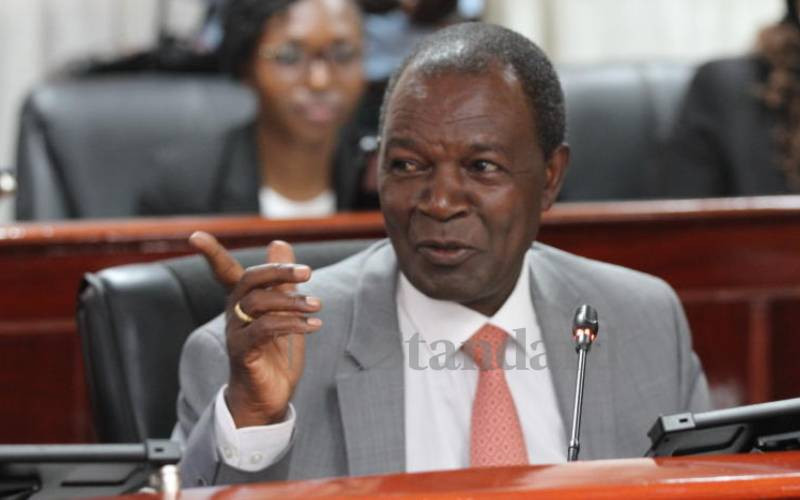×
The Standard e-Paper
Join Thousands Daily

The Finance Bill, 2023 has aroused significant questions and emotions among Kenyans.
As provided under Chapter 12 of the Constitution, the underlying principles that underscore include but are not limited to openness, accountability, public participation, shared tax burden, and an equitable finance system.